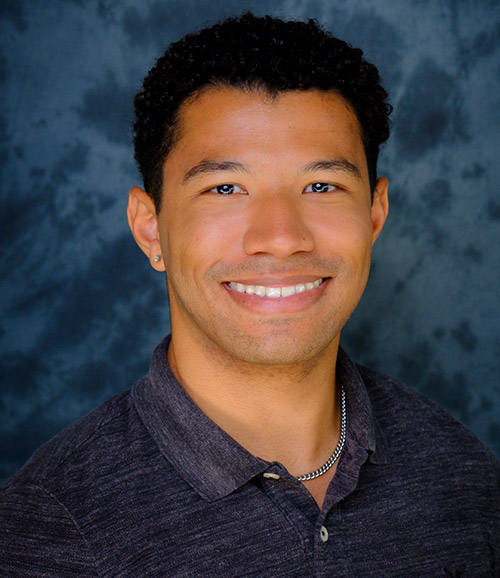BIOGRAPHY
MA, Psychology, Clinical Science, Michigan State University, 2024
BA, Psychology, Highest Distinction, University of North Carolina at Chapel Hill, 2022
RESEARCH
Broadly, I am interested in the effects of exercise on mental health and psychological well-being, as well as the reciprocal associations between mental health and athletic performance and injury. My research utilizes quantitative, qualitative, and psychophysiological methods to understand these relationships.
Psychological Effects of Acute and Chronic Exercise
It is common knowledge that exercise is good for one’s mental health and wellbeing. However, less is known about how exercise leads to positive psychological changes. One area of my research involves understanding the mechanisms involved in acute and chronic exercise regimens that lead to psychological changes. For my master’s thesis, I examined the effect of an acute bout of aerobic exercise on anxiety sensitivity, a transdiagnostic risk factor for anxiety related disorders. This study examined emotional reactivity and cognitive reappraisal processes as potential mechanisms of change induced by exercise, which was measured using electroencephalogram (EEG) technology. Future projects, including my dissertation, will continue to explore how exercise can improve symptoms in clinical populations, particularly those with anxiety and depressive disorders. I am particularly interested in how different types of exercise, specifically aerobic exercise and resistance exercise, may target specific mechanisms of change. Knowledge in this area will allow for improved treatment matching when using exercise as treatment in clinical populations.
Psychology of Athletic Performance
Additionally, I am interested in how mental health and mental illness impact athletes’ performance and what interventions are best to help reduce symptoms and maximize performance. I investigate these topics by utilizing mixed-method approaches to understand sport-related performance anxiety as well as mobile psychophysiological technology to investigate how anxiety influences behavioral and performance outcomes in athletes. Future work will continue to utilize these methods and examine how psychological interventions may enhance athletic performance and athlete wellbeing.
Psychology of Athletic Injury and Rehabilitation
Lastly, I want to understand the effect of athletic injury on the psychological well-being of athletes. I am particularly interested in injury anxiety and depression in athletes who have experienced musculoskeletal injuries and concussions and how psychological interventions may be incorporated to improve rehabilitation and return to sport. Future studies in this area will involve examining the emotional reactivity to sport-related stimuli in athletes with a history of athletic injury using EEG technology and whether these neural signatures are associated with fear of reinjury and return to sport.
LINKS
X (Twitter): https://x.com/KenanSayers
LinkedIn: https://www.linkedin.com/in/kenan-sayers-283018142/
Lab: https://cpl.psy.msu.edu/

